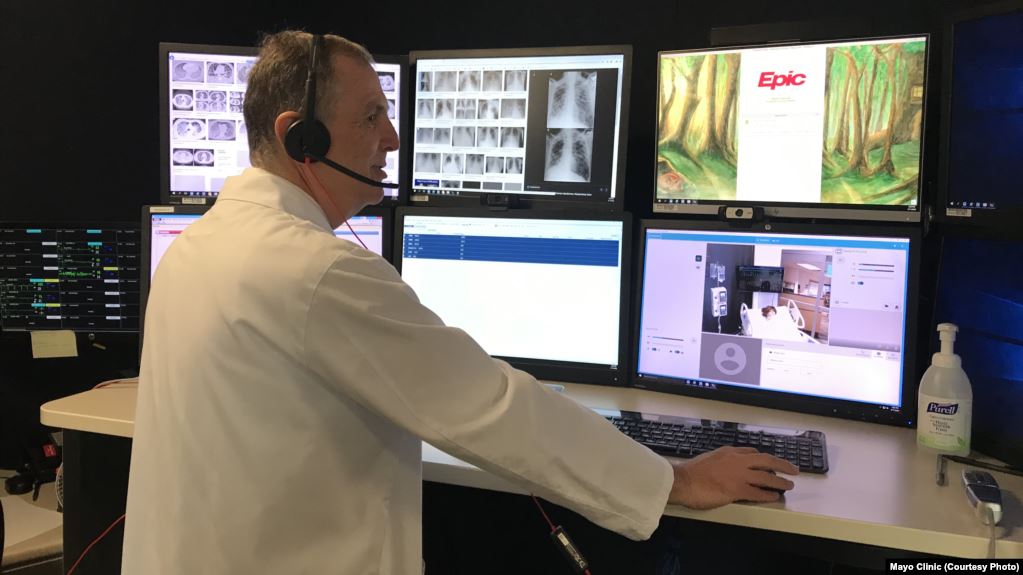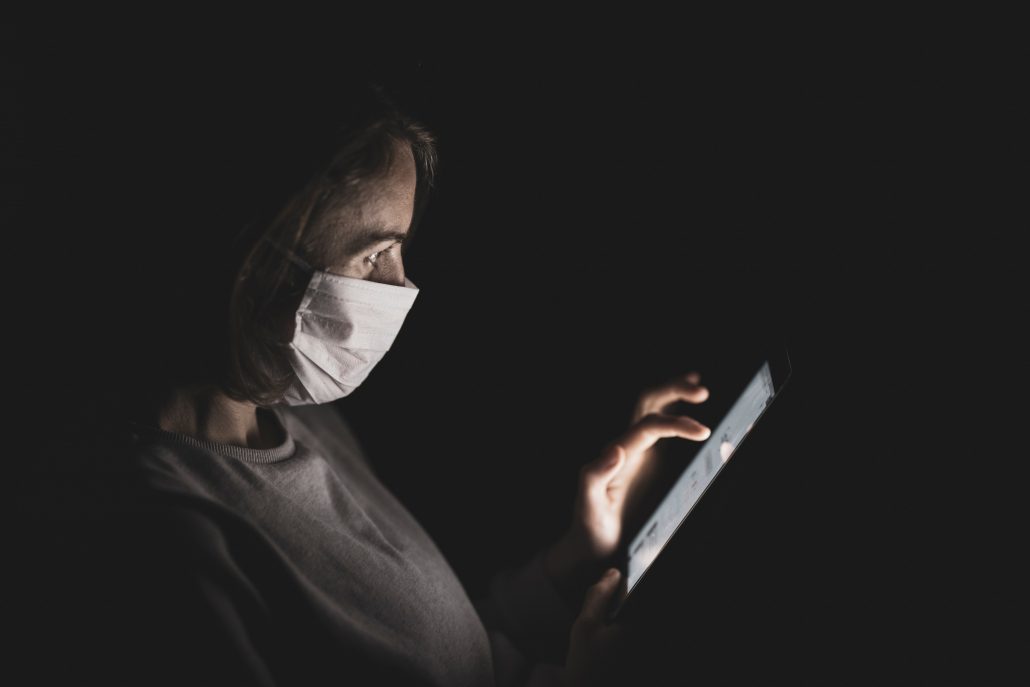Doctors who express unverified and controversial attitudes during coronavirus pandemic contribute to the creation of the information chaos, said Ognjen Gajic for the DFC magazine, a specialist in intensive care medicine and lung disease at the Mayo Clinic in Minnesota, assessing that a vaccine for COVID-19 will be found faster than in the case of the previous pandemics.
Dr. Ognjen Gajic, one of the leading experts at the world-renowned Mayo Clinic, is also known in this region as a member of the original lineup of Zabranjeno pušenje, a famous band from Sarajevo.
Even though he has been living and working in the USA since 1995, Dr. Gajic did not forget his roots. Each year, he is visiting his birth town and exchanging opinions with the colleagues from the Balkans. It was the case during this pandemic as well. Despite his obligations, he is the main administrator of a Viber group containing more than 2000 doctors from ex-Yugoslavia. In a virtual communication, doctors have been exchanging opinions since the beginning of the pandemic in order to offer more quality health care.
These days, we discussed a couple of key topics with him: when to expect a vaccine for COVID-19, the phenomenon of disinformation which did not circumvent the pandemic, as well as why the epidemiologists’ advice is key in the next phase of the combat against this disease.
DFC: While the epidemic of coronavirus is still raging in the USA, the abrupt rise of new cases occurred in Montenegro and countries in the region after the fall in the number of the infected. Can we consider this a second wave or is it something else?
Dr. Ognjen Gajic: My field is intensive care medicine and I am not an epidemiologist. I think that people in many parts of the world have relaxed too fast and forgotten to respect protective measures. On the other hand, the economic and social consequences of the pandemic are very difficult; therefore, it is understandable that the authorities are reluctant to introduce more strict measures as it was the case at the beginning of the pandemic.
There is an effective therapy for more severe cases
DFC: Now, six months after the beginning of the pandemic, are the experts and scientists closer to finding the medicine or a vaccine for COVID-19?
Dr. Ognjen Gajic: So far, two medicines turned out to be partially effective with more severe cases. The first one is anti-virus medicine Remdesivir which reduces the length of the disease and the other one is anti-inflammatory medicine – steroids, since they reduce the mortality of the critically ill. Never before has there been such a large number of researchers from all around the world who are working on finding an effective vaccine. Even though it takes a long time to ensure the safety and effectiveness of a vaccine, I believe that the process will go faster than in the past.

There is no disinformation in medical journals!
DFC: Disinformation, fake news and conspiracy theories have been spreading together with the coronavirus. Many of those have been spread by your colleagues, doctors. How would you comment on this phenomenon and to what extent could it be dangerous in a further combat against the disease?
Dr Ognjen Gajic: I have not noticed disinformation in medical journals. Doctors who were spreading unverified and controversial information in the media contributed to the creation of the information chaos, which is expected when we find ourselves in a combat against a new, difficult and unknown disease.

DFC: Do you think that the Chinese authorities could and must have done better in responding to the virus outbreak to prevent its further spreading, as it was the case with SARS?
Dr. Ognjen Gajic: As I have already said, I am neither an epidemiologist nor a politician. Chinese colleagues from the intensive care medicine have helped us a lot to understand the disease and to prepare ourselves better to work in the intensive-care units.
Online communication with colleagues from the ex-YU countries
DFC: From the beginning of the pandemic, you have been an active member of a Viber group containing over 2.000 doctors from ex-Yugoslavia. In the virtual world, you are exchanging real experiences. How would you assess such experience?
Dr. Ognjen Gajic: Invited by the WHO Country Office in Sarajevo, we created a Viber group for the education and exchange of reliable information to help each other better, and by that –those in critical conditions. Likewise, we exchange pieces of advice on how to protect better the health care workers, who have been exposed to great risk on a daily basis. It is lovely to see that such a large number of doctors from ex-Yugoslavia and beyond have joined us, and I am sure that it helped us all. To me, it certainly is.
DFC: To conclude, what is, according to you, the biggest problem in a combat against coronavirus which has infected more than 12 million inhabitants?
Dr. Ognjen Gajic: The problem is that the virus is very easily transmitted and many virus carriers are asymptomatic. Until the vaccine is made, I think the best advice would be to listen to the epidemiologists and follow the hygienic measures which slow down the transmission: in other words, to wash hands, keep physical distance, avoid larger crowds, and wear masks in closed facilities.

